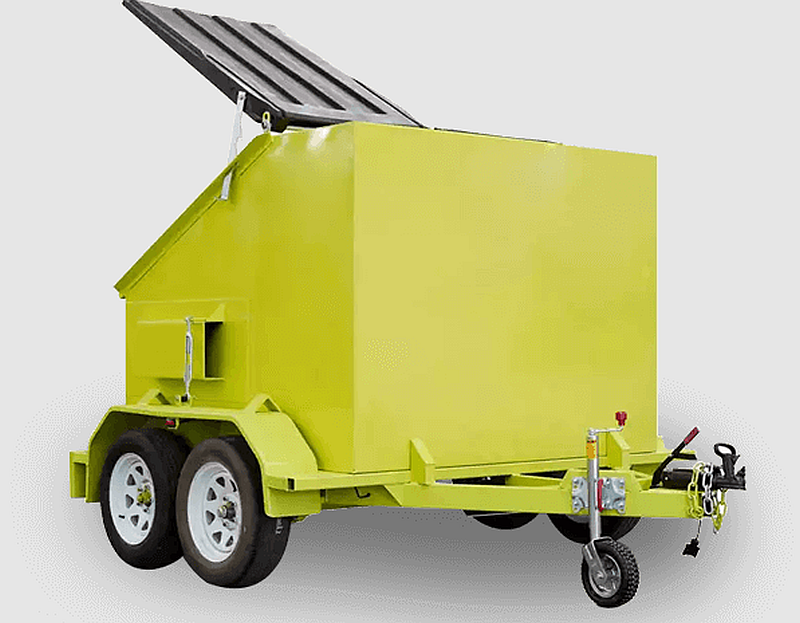When it comes to waste management, many individuals often overlook the potential cost-saving opportunities available. Whether you’re a homeowner, business owner or simply seeking to declutter, incorporating money-saving strategies in your waste management approach can have a positive impact on your finances. One tool that can facilitate this is the skip bin. Let’s delve into the advantages of skip bins and share some tips for saving money.
Advantages of Skip Bins
1. Efficient Disposal Solution
Skip bins are containers designed to accommodate volumes of waste. Whether you’re renovating your home, decluttering your garage or handling waste from a construction project, affordable waste bin hire in Auckland and other areas can manage all types of waste. By having a space for waste disposal, you can avoid trips to the landfill and potentially save both time and money.
2. Environmentally Conscious
Opting for waste bin hire in Auckland allows you to contribute towards responsible waste management practices. With skip bins, waste is collected in one location, making sorting and recycling easier and more convenient. By separating items from trash, you can help minimise the amount of waste that ends up in landfills, thereby preserving the environment for future generations.
3. Enhanced Safety
Proper waste management can present safety concerns, such as injuries from objects or exposure to hazardous materials. Skip bins offer an alternative by keeping waste contained in one designated area. This helps reduce the risk of accidents within your home or business premises, ensuring the safety of both you and your loved ones.
Money Saving Techniques
1. Opt for the Proper Size
When renting a skip bin, it’s vital to choose a size that suits your requirements. While there are numerous sizes available when it comes to skip bins, there are some important things to consider. Selecting a bin that’s too small may lead to overflow and additional charges, while opting for one that’s too large could mean paying for unused space. By assessing the amount of waste you’ll generate, you can choose the proper bin size, and at the same time, you can avoid expenses.
2. Recycle and Reuse
The simple rule of responsible waste management is to reduce, reuse and recycle. When it comes to your skip bin, you can apply the same rule. Before throwing everything into the skip bin, take some time to sort through your waste and separate recyclable materials like paper, plastic and glass so they can be appropriately recycled. Additionally, consider repurposing or donating items instead of simply discarding them. By reducing the amount of waste going into the skip bin, you can have savings on disposal costs.
3. Share the Bin
Sharing is always a good option when it comes to hiring skip bins. If you’re a homeowner or a business owner sharing a space with others, consider collaborating on the cost of a bin. By combining resources and sharing the bin, everyone involved can divide the expenses, making waste disposal more budget-friendly.
4. Plan Your Waste Disposal
Effective planning and organisation can greatly minimise waste removal costs. When undertaking a project, try to schedule waste collection at intervals rather than frequent pickups. Consolidating waste into collections can save on transportation fees and potentially lead to better deals with skip bin providers.
5. Compare Prices
It’s always wise to shop and compare prices before committing to renting a skip bin. Prices may vary based on factors such as bin size, rental duration and local waste disposal regulations. By obtaining quotes, you can ensure that you’re getting the value for your money.
Conclusion
Managing waste doesn’t have to be a difficult endeavour. By implementing cost-saving strategies and using skip bins efficiently, you can significantly reduce your expenses associated with waste management.
Opting for the right skip bin size, prioritising recycling and reusing, considering sharing bins with others, thoughtfully planning waste disposal and comparing prices are all approaches that can lead to long-term cost savings. So why squander resources when there is an opportunity to save?
Article Submitted By Community Writer




